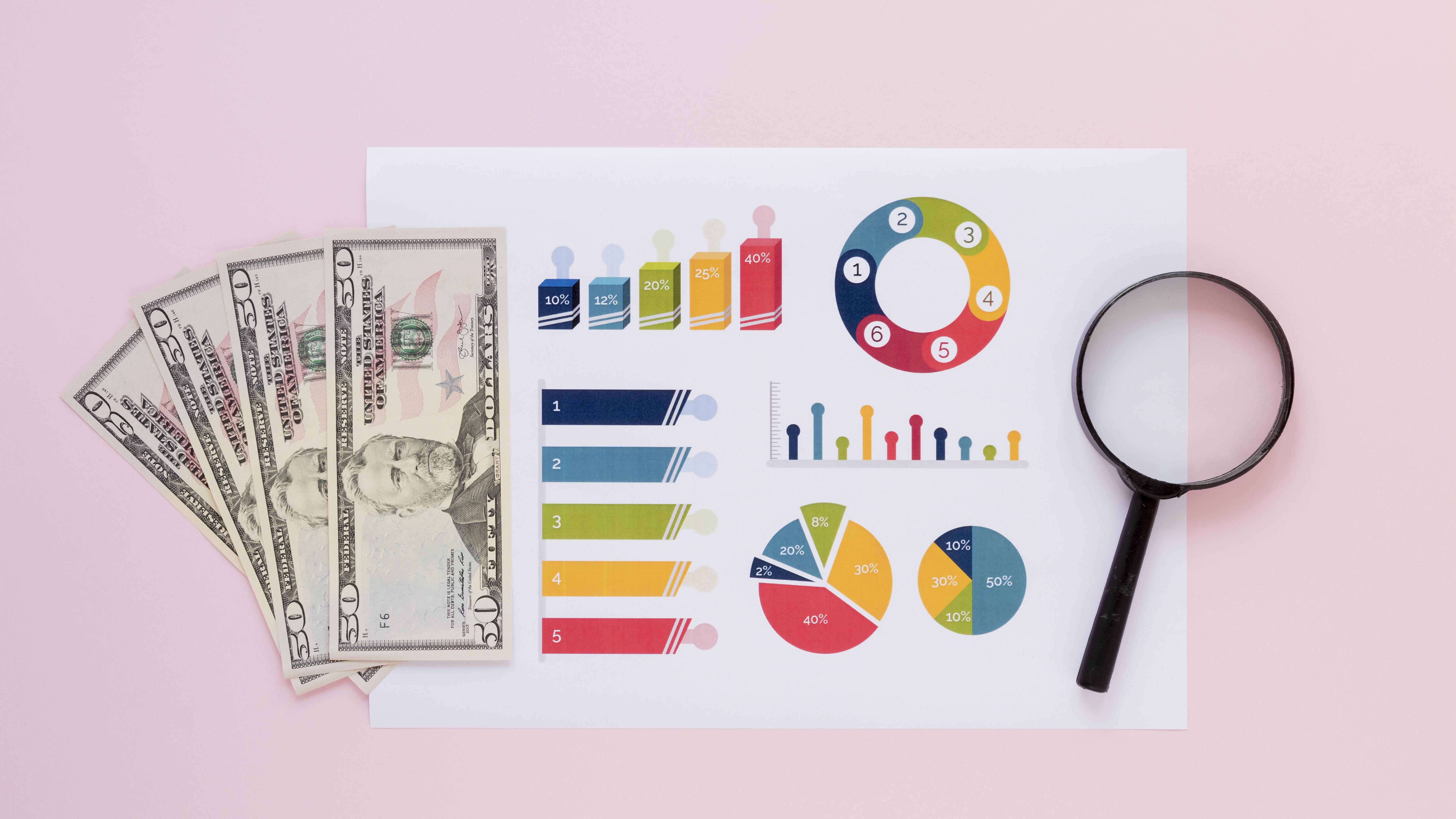When businesses are considering outsourcing their marketing needs, one of the first questions that arises is: how much do marketing agencies charge? Determining digital marketing costs or the marketing agency pricing model is not always straightforward, as these costs can vary greatly depending on the type of services, the scope of the project, and the agency’s reputation. In this article, we will break down the different pricing structures, what affects marketing agency costs, and help businesses navigate the financial landscape of working with an agency.
How Much Do Marketing Agencies Charge? A Breakdown of Costs
Marketing agencies offer a variety of services, ranging from SEO and PPC (pay-per-click) campaigns to content marketing, social media management, and branding. The cost of these services can depend on a few key factors, which include the agency’s expertise, location, and the specific services required.
Average Costs of Marketing Agencies
The average cost of hiring a marketing agency can range from a few hundred to several thousand dollars per month. Here’s a basic breakdown:
Freelance Marketer: $500 to $2,500 per month
Small Marketing Agency: $2,500 to $7,500 per month
Mid-Sized Marketing Agency: $7,500 to $15,000 per month
Large Marketing Agency: $15,000 to $100,000+ per month
Hourly Rates
Some marketing agencies charge by the hour, which can range from $50 to $300 per hour, depending on the service provided. For instance:
Social Media Management: $50 to $150 per hour
SEO Optimization: $75 to $200 per hour
PPC Management: $100 to $300 per hour
These hourly rates are typically for specialized services like consulting, campaign audits, or strategy development.
Marketing Agency Pricing Models
Marketing agencies employ several different pricing models, and understanding these can help businesses make informed decisions about which type of pricing structure suits their needs. Here are the most common ones:
1. Retainer-Based Pricing
In this model, businesses pay a fixed monthly fee in exchange for a set amount of services. Retainer-based pricing is ideal for businesses that need ongoing marketing support. For example, businesses may need continuous SEO work, content creation, and social media management.
Pros: Predictable costs, long-term relationship with the agency.
Cons: Some agencies may overcharge for services that aren’t always necessary.
2. Project-Based Pricing
For companies with specific projects, like building a website or launching a one-time PPC campaign, project-based pricing is often the best option. This model allows businesses to pay a one-time fee for a particular service or project.
Pros: Clear pricing for one-off services.
Cons: Less flexibility for ongoing support.
3. Performance-Based Pricing
In a performance-based pricing model, the marketing agency’s fee is tied to the results they deliver. For example, the agency may charge based on the number of leads generated or the return on investment (ROI) from a PPC campaign.
Pros: Payment is directly tied to results.
Cons: Some services may not work well with this model, and it may be harder to predict costs upfront.
4. Hourly Pricing
Agencies also offer hourly billing, where they charge for each hour spent working on a project. This pricing model is often used for consulting services or when the scope of work is undefined.
Pros: Flexible and transparent.
Cons: Costs can quickly add up, especially for complex tasks.
Factors Affecting Marketing Agency Costs
Several factors influence the overall cost of hiring a marketing agency, including the complexity of the services required, the scope of the project, and the size of the agency itself.
1. Scope of Services
The more comprehensive the marketing services required, the higher the cost. For example, a business that needs a full-service marketing strategy that includes SEO, content marketing, PPC, and social media management will pay more than one that only needs website design.
Small-Scale Services: $1,000 to $5,000 per month
Full-Service Campaigns: $5,000 to $25,000 per month
2. Agency’s Reputation and Experience
Established marketing agencies with a proven track record and specialized expertise typically charge higher fees. For example, agencies with experience in handling large brands or complex industries such as finance or e-commerce may charge a premium for their expertise.
3. Location of the Agency
Location plays a significant role in determining marketing agency costs. Agencies based in major metropolitan areas, such as New York, Los Angeles, or London, tend to charge more compared to those in smaller cities or rural areas. This is often due to higher operational costs in big cities.
4. Customization and Strategy
Customized strategies require more time and effort from the agency, which can increase costs. If a business needs a tailored approach for its marketing efforts, the agency will need to invest more resources in research, planning, and execution.
5. Size of the Business
Larger businesses with bigger budgets often pay more because they require more resources. A large corporation may hire an agency to handle multiple digital marketing campaigns at once, whereas a small business may only need one or two services.
How Much Do Advertising Companies Charge?
The cost of hiring an advertising company is largely based on the same principles as hiring a marketing agency. Advertising companies may charge based on ad spend (a percentage of the ad budget), hourly rates, or monthly retainers.
Ad Spend Percentage
A common pricing model for advertising companies is charging a percentage of the overall ad spend. For example, the agency may charge 10-20% of the total ad budget.
Small Campaigns: 10-15% of ad spend
Large Campaigns: 15-20% of ad spend
This model aligns the agency’s success with the client’s success, as the agency earns more as the campaign’s budget increases.
Flat-Rate Fees
Some advertising companies may offer flat-rate pricing for specific services such as Google Ads management, Facebook Ads management, or display ads. This can range from a few hundred to several thousand dollars per month, depending on the complexity of the campaigns.
Why Marketing Agencies Charge What They Do
Understanding why marketing agencies charge what they do can help businesses make more informed decisions about their budgets. Some key reasons include:
Expertise: Agencies employ skilled professionals who specialize in various areas of marketing, such as SEO, PPC, and content creation.
Technology and Tools: Many agencies use high-end tools and software to manage campaigns, conduct research, and track performance. These tools come at a cost.
Time and Labor: Marketing campaigns require significant time and effort to plan, execute, and monitor. This labor cost is factored into the agency’s pricing.
Conclusion
Understanding marketing agency pricing is essential for businesses looking to invest in digital marketing. Costs vary widely depending on the agency, services required, and the scope of the project. By knowing the different pricing models and factors that affect costs, businesses can make an informed decision and choose an agency that fits their needs and budget.
If you want to read more information about how to boost traffic on your Website just visit --> The Insider's Views.

Stephanie Perrault
CEO
Comments




